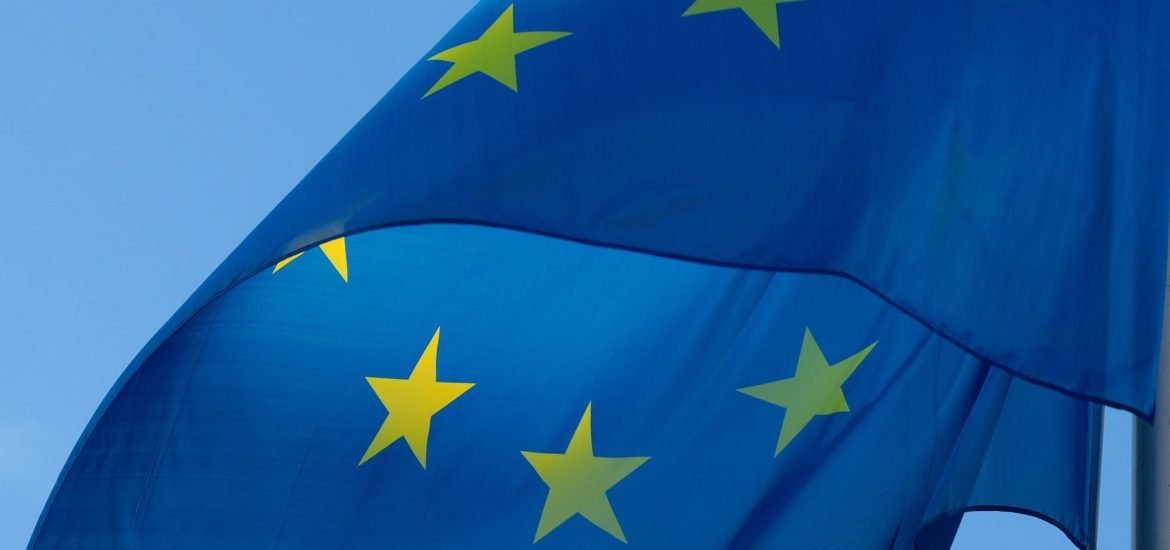
European Union research ministers met in Bulgaria on Friday to discuss the future of research and innovation in Europe.
Bulgaria assumed the six-month rotating EU presidency in January for the first time since it joined the bloc 11 years ago. The meeting on Friday was supposed to be an opportunity for Bulgaria to promote its plans to increase economic growth by attracting international research institutes to the country. But research and development funding in the Balkan nation has taken a series of blows over the past year, leaving scientists frustrated and research infrastructure lacking.
As part of its EU presidency, Bulgaria is in charge of negotiating Framework Programme 9. The framework is the EU’s latest seven-year plan for science and is due to be finalised in May. According to an article by Inga Vesper in Nature, Bulgarian companies saw this as an opportunity to enter fruitful contracts with organisations including international research consortia.
“Industry is very important for us,” Karina Angelieva, adviser for education and research at the permanent representation of Bulgaria to the EU, told Nature. However, the plans could be at risk if Bulgaria fails to find a solution to its funding difficulties.
Bulgaria had been expecting to receive €150 million to build facilities for research and innovation through an EU program intended to boost economic growth in poor regions. The program was supposed to provide Bulgaria with €700 million between 2014 and 2020, but EU authorities decided to withhold two-fifths of its grants after determining that the country failed to identify enough “sufficiently qualified scientists.” To make matters worse, the Bulgarian government cut around 25% of its 2018 science and higher-education budget in November, a move it had planned in anticipation of receiving the EU funds.
As a result, scientists in Bulgaria lack the infrastructure they need to build relationships with foreign researchers and boost the country’s scientific output. Ana Proykova, an education adviser to Bulgaria’s government and physicist at Sofia University, told Nature, “Now, we cannot prepare proposals because we are not going to have the infrastructure.” Proykova wants the government to restore the funds it slashed from the 2018 science budget. “We are still fighting very strongly for the funding procedure to be re-opened, even if it is in the middle of this year. Otherwise, our budget is going to be very tiny,” she said. The country’s 2018 science and higher-education budget is around €212 million, plus another €50 million for the Bulgarian Academy of Sciences.
Some scientists have welcomed Bulgaria’s EU presidency as an opportunity for change. “It is an important moment, because our visibility will be great,” Daniel Smilov, a political scientist at Sofia University, told Nature. Smilov said he hopes that the presidency will bring awareness to the country’s problems, with outside pressure forcing change that has failed to come from within. According to Transparency International, a lobby group based in Berlin, Bulgaria is the poorest country in the EU, as well as the most corrupt.
Bulgarian universities hope to take advantage of the EU presidency to tap into infrastructure funds and forge connections abroad. Lidia Borrell-Damián, director for research and innovation at the European University Association in Brussels, told Nature she sees the presidency as an opportunity for Bulgaria’s universities to connect with others.
However, unless Bulgarian officials can find a way to convince the EU’s regional-policy directorate general to release the frozen funds, the country’s financial difficulties could stand in the way of making those visions a reality.